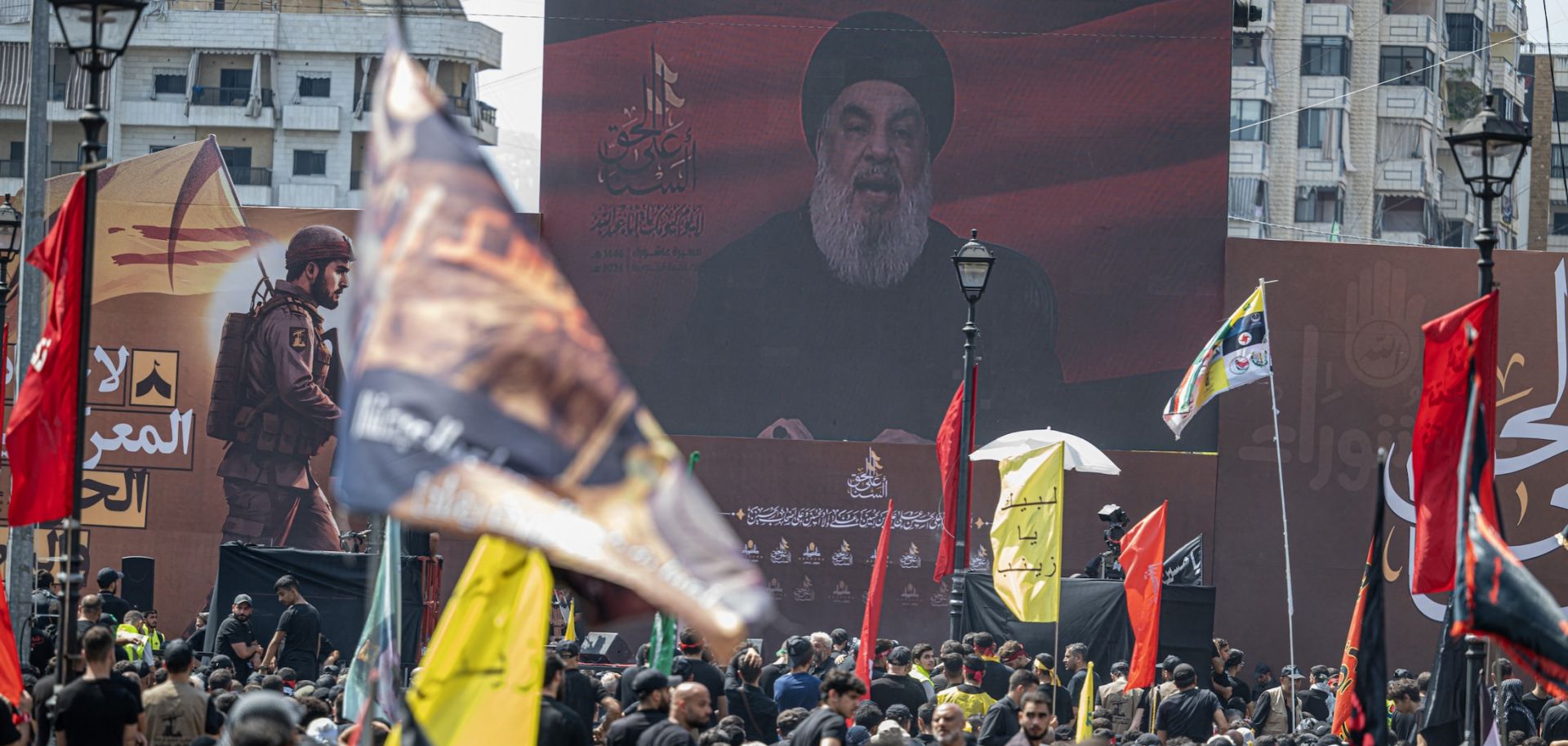Despite their unified strategic vision, groups in the Iranian-led Axis of Resistance are unlikely to sacrifice self-preservation for one another, limiting their strategic coherence and emboldening Israel and its allies to target them individually. Following the Lebanese militant group Hezbollah's Aug. 26 mass strike against Israel, Hezbollah leader Hassan Nasrallah addressed the reasoning behind the group's decision to attack Israel unilaterally rather than alongside the rest of the Iranian-led "Axis of Resistance." Nasrallah noted that lengthy negotiations between the axis' members over whether to respond together or alone partially motivated the decision, and he added, "We decided to respond individually for reasons that will become apparent over time." Iran and this informal network of Iranian-backed militant groups -- including Hezbollah, Iraqi militias and the Houthis in Yemen -- have been mulling how to respond to Israel's July 30 assassination of Hezbollah's chief military advisor in Beirut, July 31 assassination of...

